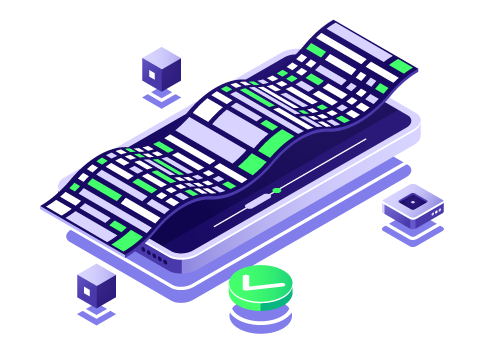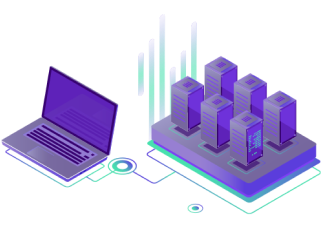Home / Services / Software Engineering / Platforms / Salesforce
Elevate Salesforce Capabilities with the Premier Consulting Partner
RTS Labs' Salesforce experts are passionate about empowering businesses to maximize Salesforce value. We go beyond standard implementations to provide completely customized solutions tailored to your unique business needs and goals.
Our commitment to service, crafting innovative solutions, and helping clients achieve transformative success sets us apart.
Unlock your full Salesforce potential with RTS Labs.
Why RTS Labs is the Best Choice for Your Salesforce Needs
Experts with a Purpose
Purpose-Driven
Agility that Makes a Difference
Learn More About Our Salesforce Services

A Partnership that Empowers
At RTS Labs, we place the utmost importance on understanding your unique needs, goals, and resources before embarking on a project. Our collaborative approach ensures that every step of the way is guided by your goals and vision, with RTS Labs behind you every step of the way.

We Never Over-engineer Solutions
We understand that the key to success lies in keeping your Salesforce solutions as simple as possible. While our team of experts possesses deep knowledge and experience, we believe that the best solutions are those that are easy to implement and use. So, we deliver solutions that are straightforward and efficient, never over-engineered or unnecessarily complicated.

Your Priorities Are Our Priorities
We take pride in our customer-centric approach to technology partnerships. We believe in building a true relationship with our clients, where their priorities and objectives are at the forefront of everything we do. Our partnership is built on mutual intent, and every decision we make is centered on achieving our common business goals.

Your CRM's Superpowers
We have the key to unlocking extraordinary potential in your business. From custom workflows and reporting to app development, we deliver the Salesforce superpowers you need to achieve ambitious goals. With RTS Labs, even the sky isn’t the limit.

A Future-focused Partnership
RTS Labs is your strategic partner for achieving future-focused CRM objectives. Our collaborative approach, expert guidance, and ability to pick up where others left off provide the support you need to confidently move towards a brighter future for your business.
End-to-end Salesforce Solution Support
Salesforce Transformations that last
Choose the Best CRM
From assessing your needs to evaluating Salesforce’s capabilities, RTS Labs’ experts guide you to make informed decisions aligned with your business objectives. With RTS Labs, the choice of the right CRM is easier than ever.
Streamline Your Operations
Skilled planning and expert execution are critical for Salesforce implementation, and RTS Labs’ proven approach ensures a seamless process. Our consultants work closely with your team to migrate data, configure workflows, and train users, minimizing disruptions to your business operations.
Tailor Salesforce to Your Unique Needs
At RTS Labs, we understand that customization is often the key to success on Salesforce, and our experts know just how to tailor the platform to your unique needs. From custom workflows and automation to unique objects and fields, we deliver truly personalized Salesforce solutions that are yours.
Data Modeling
At RTS Labs, we excel in Salesforce data architecture. Our team of certified Data Architects ensures that your Salesforce setup is optimized for your specific data needs. We’ve successfully implemented complex data models for businesses in healthcare and finance, improving data accuracy by up to 25%.
API Integrations
Our expertise extends to seamless API integrations. Whether it’s integrating Salesforce with your ERP system or a custom application, we’ve got you covered. Our API integrations have helped businesses achieve a 20% increase in operational efficiency.
Security Measures
Data security is a top priority at RTS Labs. We implement multiple layers of security protocols within Salesforce, including two-factor authentication and IP whitelisting, to ensure your data is always secure.
Performance Optimization
We specialize in performance optimization, ensuring your Salesforce setup runs smoothly. Our optimization services have resulted in a 15% increase in system performance for our clients.
Custom Develpment
For businesses requiring highly tailored Salesforce solutions, we offer custom development services. Our team of certified Salesforce developers can code custom features, enhancing your Salesforce functionality to meet your unique needs.
Industries We Serve
Success Stories
We’ve helped companies achieve a 30% increase in sales efficiency and a 25% reduction in customer service response times. Our team tailored Salesforce to map the client’s sales processes and cycle. Deal management and opportunity tracking became more automated and accurate.
Read more
Technical Expertise
Pricing and Cost Factors
Service Delivery Time
Case Study: How a fast-growing finance lender smashed sales records with Sales & Service Cloud

Industry:
- Finance
Services:
- AI, Data, Software Engineering
Solution:
Empowering Your Business Across Diverse Market Verticals
Healthcare
Financial Services
Logistics
Non-profit Organizations
Asset Management
supply chain Management
What Our Salesforce Clients Have To Say:
Customer Success Story:
Bizport
Our Results
More Net Profits for Blue Ocean Brain
Growth Acceleration for Risk Based Security
Satisfaction Rating for Fulcrum Collaborations
A Few of Our Salesforce Clients
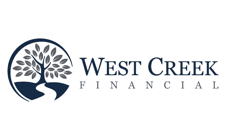
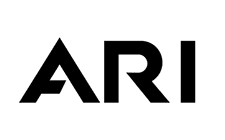
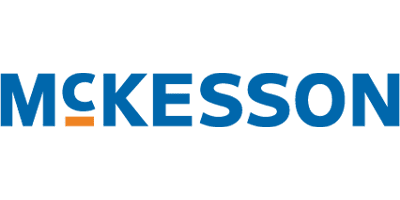
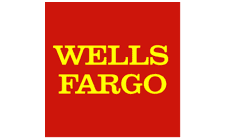
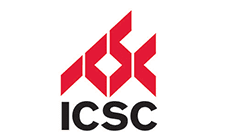
View Our Salesforce Brochures
let’s talk
Join the Ranks of Salesforce Masters
Become a Salesforce superstar today. Contact RTS Labs, and together we’ll unlock the full potential of Salesforce for your business. Schedule a consultation now and experience the power of our tailored solutions firsthand.



